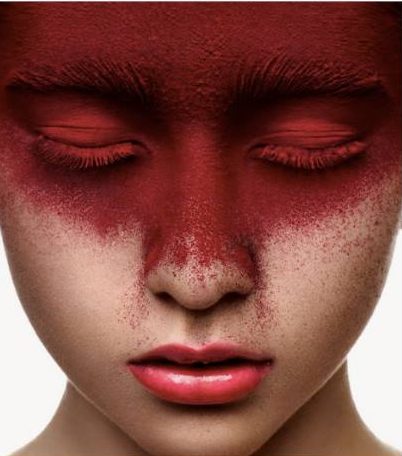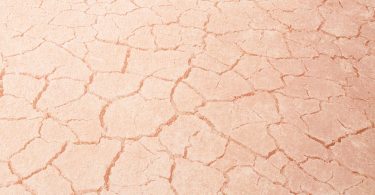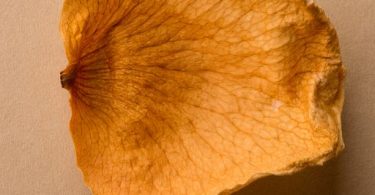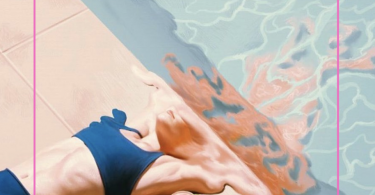The mechanisms of glycation are present many years before the appearance of clinical signs of skin aging.
The discovery of deglycating molecules makes it possible to take care of this aging factor with consequences hitherto known to be difficult to reverse.
In a healthy patient, the endogenous increase of AGEs (Advanced Glycation Endproducts) in skin collagen is linear throughout life and very slow. The growth rate of AGEs is estimated at 33% between 20 and 80 years (i.e. around 0.5% per year) (1); the clinical consequences of the accumulation of AGEs are not perceptible before long.
Thus, skin elasticity does not begin to decrease significantly until around 45/50 years (2).
At the same time, glycation is accelerated by external factors, such as overconsumption of sugar, pollution and above all, for the skin, irradiation (UVs, laser, etc.). In patients with risk behavior, signs of skin aging related to glycation can be seen from the age of 35/40 years.
Taking a glycation inhibitor, such as Metformin, would theoretically delay the age of onset of the signs of skin aging related to glycation but in practice it should be taken daily throughout the life and from the age of 20/25 years…
Age Breaker, will reverse some clinical signs of skin aging.
Once the signs of aging have been established, only taking a deglycating product, such as Age Breaker, will reverse some clinical signs of skin aging.
To take in cures of some months from 40 years for people at risk and 50 years for everyone.
✅ [AGE BREAKER SKIN HEALTH, patented nutritional supplement, recognized by aging specialists around the world for its properties to reverse the effects of glycation.]
(1): JA Duen and Al. Age-dependent accumulation of N epsilon-(carboxymethyl)lysine and N epsilon-(carboxymethyl)hydroxylysine in human skin collagen. Department of Chemistry. University of South Carolina, Columbia 29208. Biochemistry 1991 Feb 5; 30(5):1205-10.
(2): M. Ichihashi and Al. Glycation Stress and Photo-Aging in Skin. Anti aging Medical Research Center and Glycation Stress Research Center, Graduate School of Life and Medical Sciences, Doshisha University, Koto, Japan. 2011









